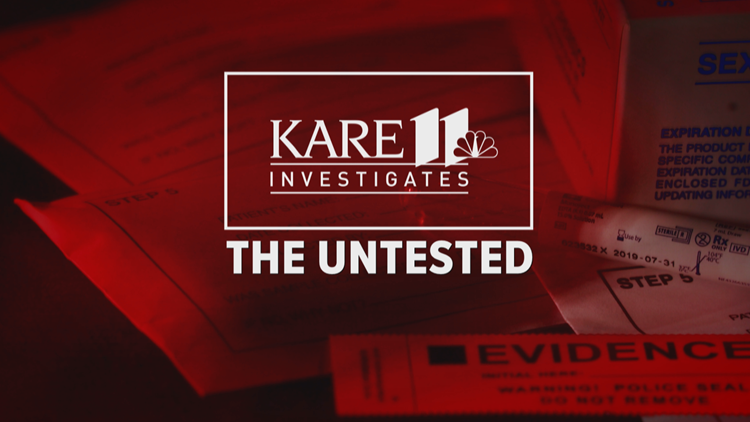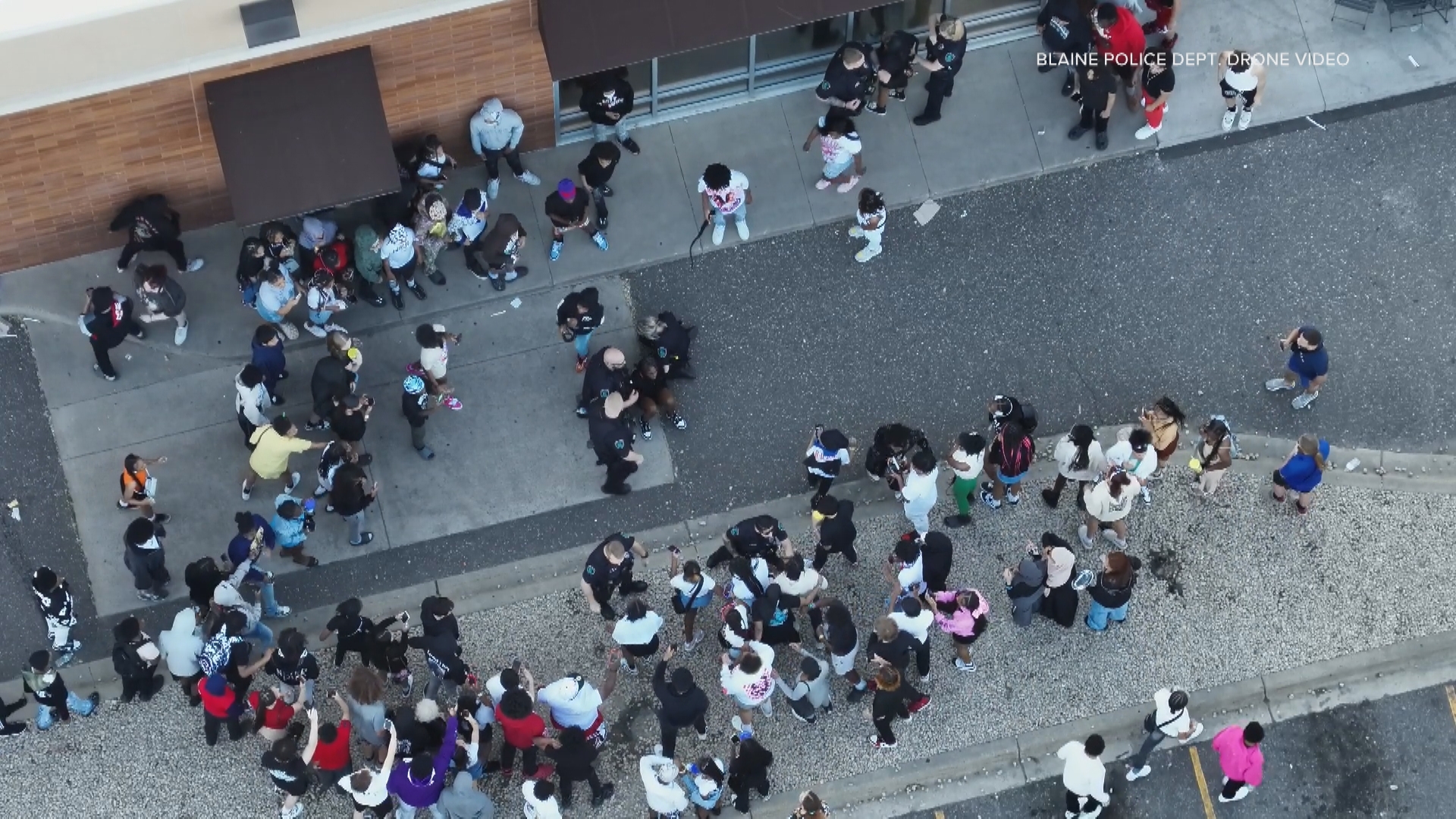ST PAUL, Minn. — Minnesota's number of untested rape kits should continue to shrink thanks to a $2 million grant from the Federal Department of Justice announced Friday.
More than half of that money will go toward testing the nearly 3,500 kits discovered following a Bureau of Criminal Apprehension audit in 2015.
So far Duluth is the only city to finish testing its kits, which reported more than 570 of them, the highest in the state at that time. That testing has led to convictions and charges against suspected serial rapists.
Attention was then turned to the Anoka County Sheriff's Department, which reported having nearly 500 untested kits, the second highest in the state.
Anoka County has already sent in more than 100 kits for testing using funding from a 2018 federal grant, and will use the rest of that money to test the remaining kits, said spokeswoman Jill Oliveira.
The county will get about $200,000 from the new grant to investigate the cases, while the area's advocacy and shelter organization, the Alexandra House, will get $109,000 to notify and work with victims.
The BCA has tested more than 700 of the 3,500 kits,Oliveira said. The agency will now focus on departments that reported having more than 100 untested kits.
That includes Minneapolis, which four years ago reported having 194 kits. But last month Minneapolis police disclosed the discovery of 1,500 more kits.
The BCA said the grant money will only go toward testing the original 194 kits.
The other departments that reported having more than 100 untested kits were Rochester and St. Cloud.
The BCA has still not provided a testing plan for the so-called "partially-tested kits," which was first reported by KARE 11 in July. Those kits were only tested for fluids, but never for DNA, meaning that information was never loaded into a database meant to catch serial offenders.



